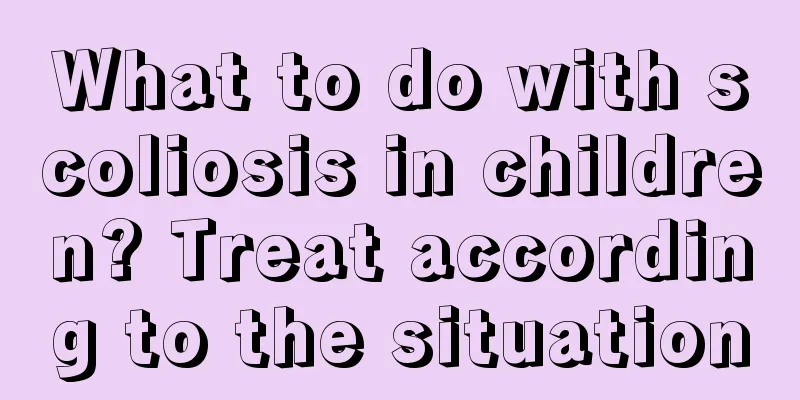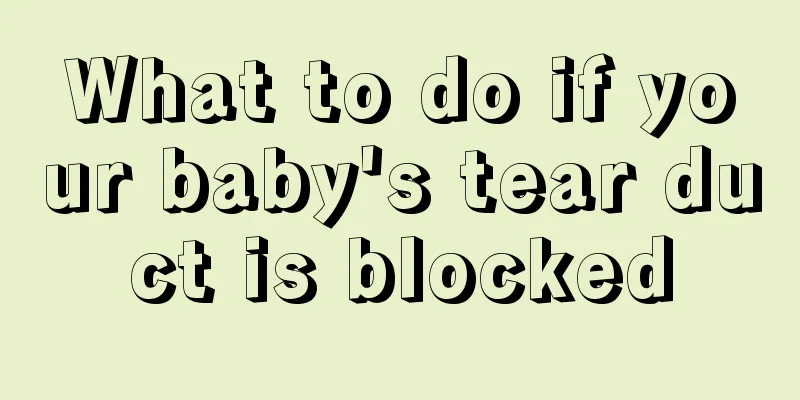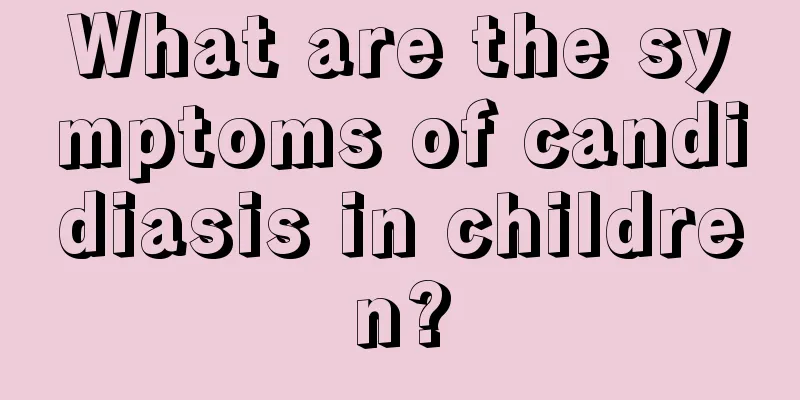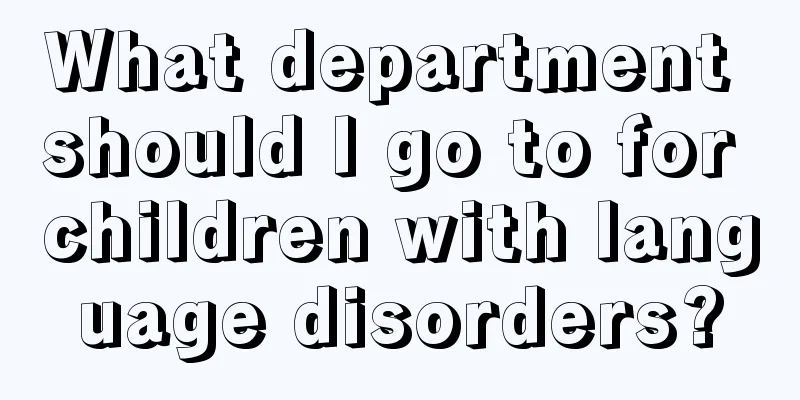What to do with scoliosis in children? Treat according to the situation

|
Scoliosis is very common in children. It not only affects children physically, but also psychologically. It does not mean that all children with scoliosis need treatment. Generally, mild scoliosis is common. We should pay attention to timely correction and understand how to detect scoliosis in children as early as possible. 1. Not all scoliosis requires treatment 1. Clinical practice has shown that not all scoliosis patients require treatment, which requires a judgment of the scoliosis condition. 2. The incidence of idiopathic scoliosis is the highest among scoliosis, and most idiopathic scoliosis occurs in adolescence. The incidence of idiopathic scoliosis greater than 10° in children and adolescents is 0.5%~3%; the incidence of idiopathic scoliosis greater than 30° is 1.5‰~3‰. Therefore, it can be seen that mild to moderate idiopathic scoliosis is more common, while severe patients requiring treatment are rare. 3. The progression of scoliosis can be determined based on gender, remaining bone growth capacity, location of the curvature, and severity of the curvature. If the Risser sign is 1 or less, the risk of scoliosis progression is 60% to 70%. If the Risser sign is 3, the risk of progression is 10%. 4. Secondly, it is necessary to combine the scoliotic parts. Scoliosis above 12 thoracic vertebrae is more likely to progress than isolated lumbar scoliosis. The more severe the curve is at initial diagnosis, the more likely it is to worsen with growth. 5. Because scoliosis still has the risk of worsening after adulthood, it is clinically recommended to perform surgical treatment on children with a high risk of progression. 2. How to detect scoliosis in children early Since the appearance abnormalities caused by early scoliosis are not obvious, it is difficult to detect in time. But most children with scoliosis are tall and thin and may have the following symptoms: 1. When the child bends forward in an upright position, the back of the child is not at the same height on both sides; 2. The neckline and shoulders are uneven; 3. Abnormal bulge on one side of the back; 4. Asymmetrical breast development in girls; 5. There are wrinkles on one side of the waist; 6. The hips on both sides are not at the same height; 7. The lower limbs on both sides are of unequal length. If parents find these abnormalities in their children, they should be sufficiently vigilant and it is best to take their children to an orthopedic or rehabilitation medicine department to diagnose or rule out scoliosis. |
<<: What is the treatment for spinal muscular atrophy in children?
>>: What are the symptoms of a baby's poor spleen and stomach?
Recommend
What are the prevention methods for hernia in children?
Nowadays, children are the treasures of every hou...
What causes herpes in children?
Many people don’t know much about diseases, which...
What are the reasons why children have bad breath?
Bad breath is a common phenomenon in today's ...
Is sea cucumber suitable for children?
Sea cucumbers are rich in nutritional value and a...
Baby scalp erythema
Many patients tend to neglect some of the early m...
What to do if your baby has allergies and rashes
We all know that babies are in a period of rapid ...
Baby expectorant diet
Many newborns suffer from coughing, and most of t...
Can babies drink chicken soup? The most important thing is to master the correct way of eating
Chicken soup has a very good nourishing effect on...
What fruits are good for children with indigestion?
We can eat fruits frequently in our lives. Fruits...
What to do if a newborn baby has red spots on his face
We know that since the organs of newborns are not...
Diet therapy for iron deficiency anemia in infants and young children
Iron deficiency anemia in infants and young child...
What are growing pains?
Growing pains are actually some pain problems aro...
Blue spots on baby's back
There are blue spots on the back of babies. I bel...
What are the symptoms of baby's milk aversion?
For many infants and young children, there will b...
How to treat children's allergic cough with diet
Children's constitution is weak. If they are ...









